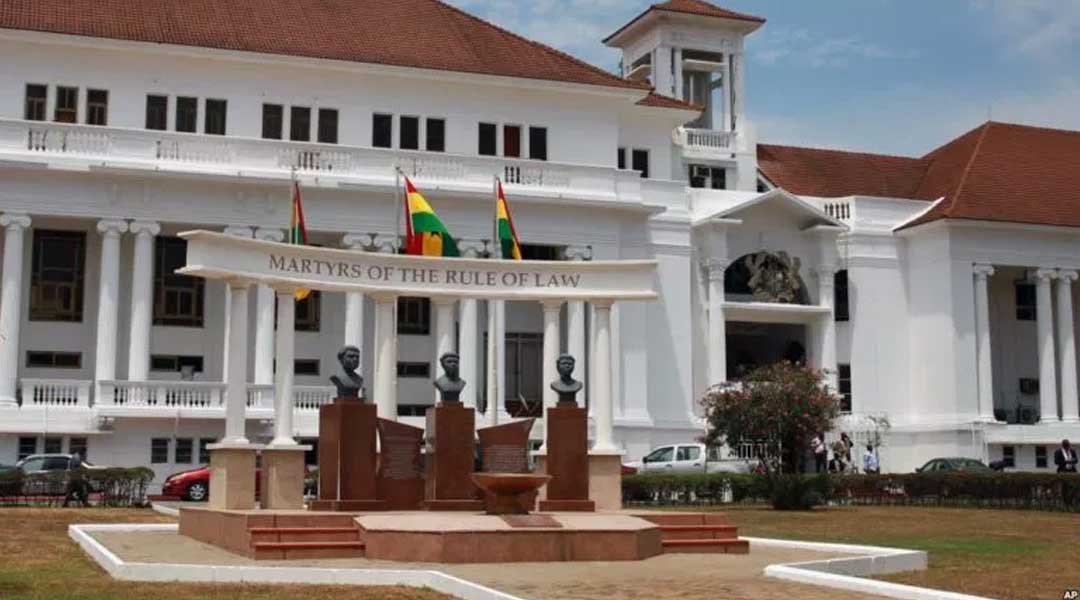Deputy Speaker can vote and be counted when presiding in Parliament - Supreme Court
A seven-member panel presided over by Justice Jones Dotse has unanimously declared that the two Deputy Speakers of Parliament are members of Parliament thus can be counted as present even if they are presiding

The Supreme Court on Wednesday has unanimously given a judgment to the effect that the 1st Deputy Speaker of Parliament or any Member of Parliament who presides as a speaker reserves the right to be counted to vote and may exercise his right to vote. The Supreme Court has reserved its reasoned ruling to be released on 11th March 2022.
A seven-member panel presided over by Justice Jones Dotse unanimously declared that the two Deputy Speakers of Parliament are members of Parliament thus can be counted as present for the purposes of making decisions in Parliament when presiding thereby dismissing an application by a private Legal practitioner and lecturer of UPSA Law School Justice Abdullai, which sought the constitutionality of the same.
Additionally, the apex Court described as unconstitutional, order 109(3) and struck out same.
In overturning the rejection of the 2022 Budget by the minority side of the House in November 2021, the First Deputy Speaker, Joe Osei-Owusu voted together with all the Majority sides of the House making 138 out of the entire number which generated an uproar among the Minority side of the House.
The applicant sought the interpretation of Articles 102 and 104 of the Constitution, 1992 by the Supreme Court in order to declare a November 30, 2021 decision of the First Deputy Speaker of Parliament, Joe Osei Owusu as unconstitutional.
He further argued that the 1992 Constitution does not allow a person presiding over proceedings in Parliament to have an original or casting vote by way of forming a quorum.
Additionally, per the applicant, whenever the First and Second Deputy Speakers of Parliament are presiding, they have the same authority and mandate just as the speaker thus cannot vote or form part of a quorum.
On his part, the Attorney General noted in Court that the Deputy Speaker of Parliament is entitled per Article 104(1) is entitled to be counted for the purposes of forming a quorum in Parliament.
Also, he indicated that any member aside from the Deputy Speaker who presides on deliberations in the absence of the Speaker is also entitled to vote in making decisions in Parliament per Article 104(1) of the Constitution, 1992.
Additionally, the AG described the applicant’s view as suffering from a fundamental deficit or failure to distinguish “Speaker qua Speaker under the Constitution” and a “Member of Parliament who deputizes for the Speaker” per articles 96 and 101 of the Constitution.
He, therefore, indicated that the applicant failed to take cognizance of the different kinds of quorums required for the Business of Parliament thus relied on a very narrow, literal, and absurd construction of articles 96, 101, 102, and 104 of the Constitution, 1992.


